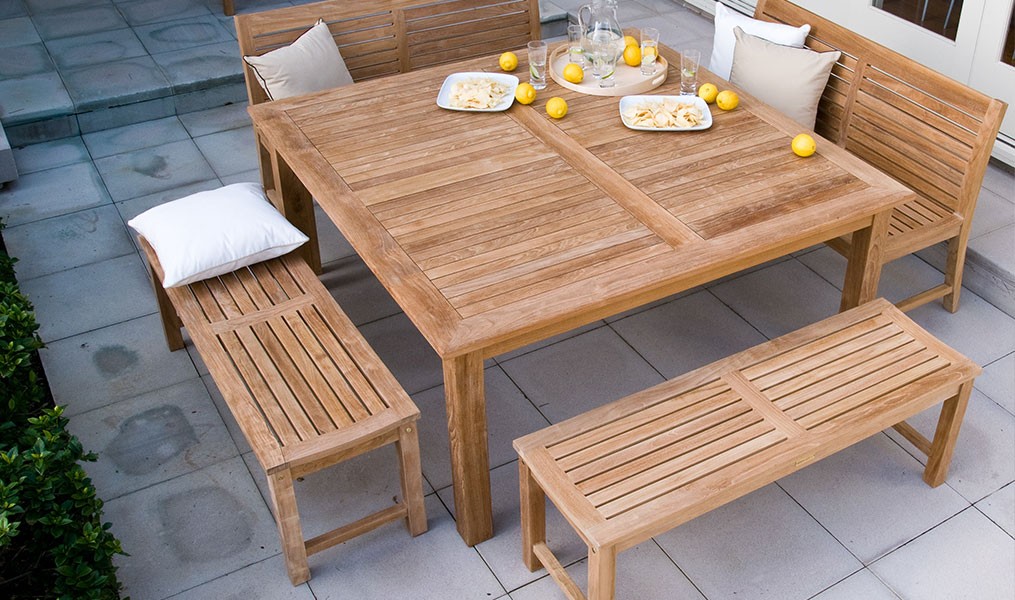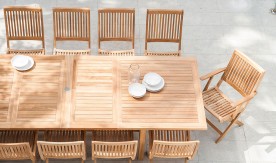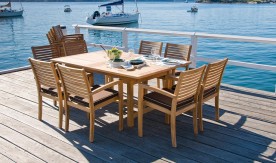Exploring the Pros and Cons of Outdoor Benches:
Making the Right Choice for Your Space
When it comes to outdoor seating options, benches are a popular choice for many homeowners. With their versatility and space-saving design, outdoor benches offer a range of benefits for various outdoor settings. However, like any furniture piece, they also come with their drawbacks. Let's delve into the pros and cons of outdoor benches to help you make an informed decision for your outdoor space.
Pros of Outdoor Benches:
- Fit More People: One of the significant advantages of outdoor benches is their ability to accommodate more people compared to chairs in the same space. With a bench, you can easily squeeze in an extra person, making it ideal for large gatherings and events.
- Great for Kids: Backless benches, in particular, are excellent for families with children. They make it easy for kids to come in and out from the table, and the absence of a backrest allows parents to keep an eye on their little ones while seated at the table.
- No Clutter: Outdoor benches can be conveniently tucked under the table, creating a clutter-free and streamlined aesthetic in your outdoor area. This space-saving feature is especially beneficial for smaller outdoor spaces or when you want to create a clean and minimalist look.
- Versatile: Outdoor benches are incredibly versatile and can be easily moved around to customise your space for different functions or events. Whether you're hosting a casual outdoor gathering or a formal dinner party, benches offer flexibility in seating arrangements.
- Casual Setting: Benches help create a more casual and approachable setting in your outdoor space, perfect for relaxed gatherings and everyday use. They complement the laid-back atmosphere of outdoor entertaining and can effortlessly blend with your existing outdoor decor.
Cons of Outdoor Benches:
- Difficult to Move Around: Depending on their placement and the number of people seated, outdoor benches can be challenging to move in and out. This lack of mobility may pose an inconvenience, especially when rearranging furniture for different occasions.
- Uncomfortable: The absence of a backrest on backless benches can make them uncomfortable for prolonged use, particularly during formal dining events or extended gatherings. Without proper support, seating on a bench for an extended period may cause discomfort.
- Inflexible: Backless benches have a fixed length, making them less flexible than chairs in terms of fitting into smaller outdoor settings. Additionally, moving a bench to a different area often requires two people due to its size and weight.
Conclusion:
When considering outdoor benches for your space, it's essential to weigh the pros and cons to determine if they align with your needs and preferences. While benches offer advantages such as accommodating more people and creating a casual atmosphere, they may lack the comfort and flexibility of chairs. Ultimately, the choice between benches and chairs depends on factors such as the size of your outdoor space, the intended use, and your personal style preferences. Consider combining benches with chairs for a versatile seating arrangement that caters to various occasions and maximises comfort in your outdoor oasis.





